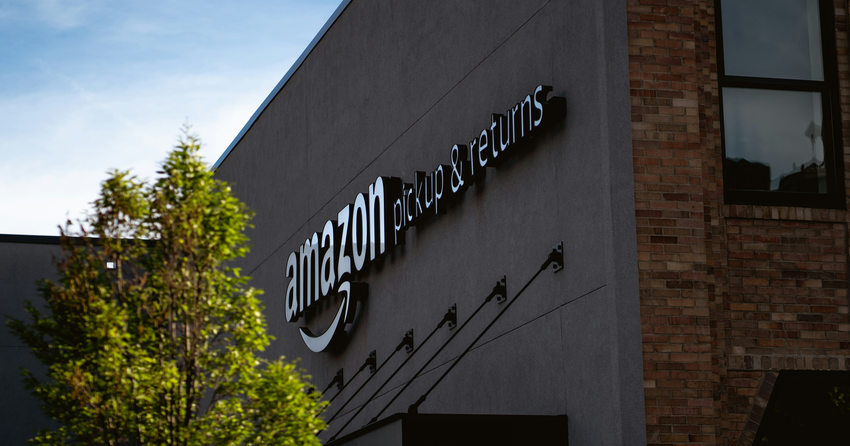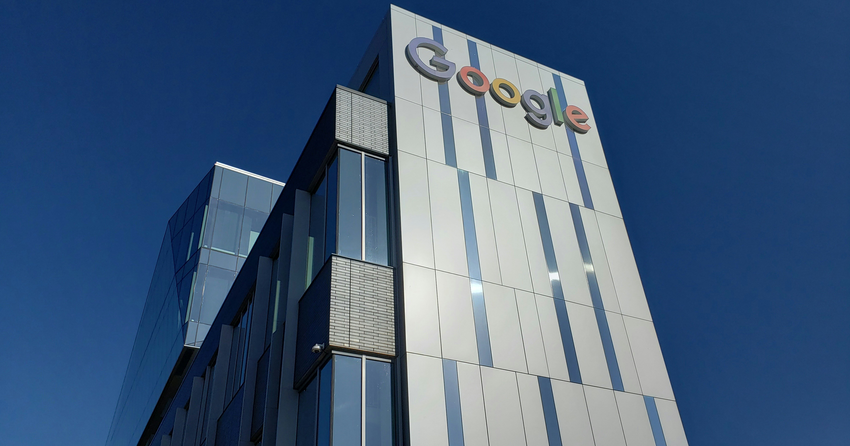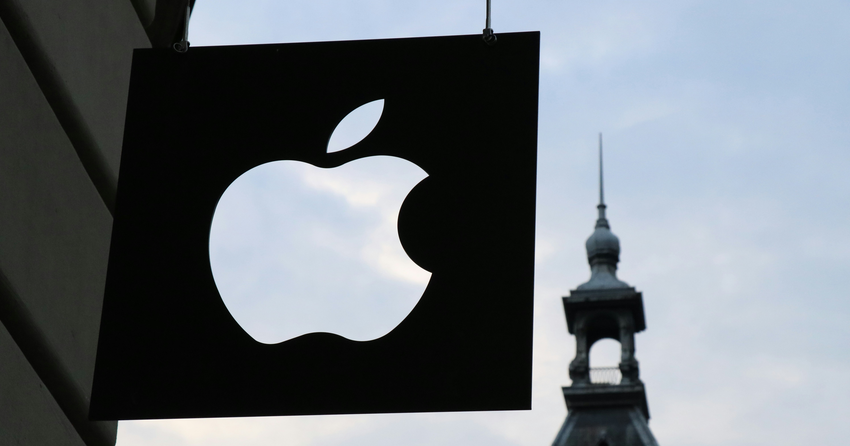
Judge Rules Google Can Keep Chrome
Google won’t be forced to sell its Chrome browser, federal judge Amit Mehta ruled in the search antitrust case, which first went on trial in 2023.
Last fall, Judge Mehta declared Google’s search business an illegal monopoly, due to using tactics that block rivals from competing on equal ground. One such practice was Google paying companies like Samsung and Apple billions of dollars to make its browser the default search option, which helped it secure roughly 90% of the US search market.
Moving forward, Google is barred from signing exclusive deals, though it can still pay partners to distribute its products. According to the judge’s 223-page ruling, a broad payment ban “will impose substantial – in some cases, crippling – downstream harms to distribution partners, related markets, and consumers.” As part of the remedies ordered, Google must also grant competitors access to its search engine data.
As a reference, federal prosecutors’ demands were much harsher: breaking up Google’s search business and blocking it from entering the browser market for five years. Mehta stated that prosecutors “overreached in seeking forced divestiture of these key assets.”
The ruling polarized the public, with some viewing it as a win for the tech industry, while others considered it a weak punishment for Google. Non-profit advocacy group The American Economic Liberties Project expressed strong criticism of the judge’s decision, calling it a “complete failure.”
“You don’t find someone guilty of robbing a bank and then sentence him to writing a thank you note for the loot,” Nidhi Hegde, the non-profit’s executive director, said in an X post. “Similarly, you don’t find Google liable for monopolization and then write a remedy that lets it protect its monopoly.”
Mehta defended the decision, noting that the rise of generative AI has “changed the course of this case,” and stated that the remedies aim to prevent Google’s search dominance from extending into the emerging generative AI space.
“And, unlike the typical case where the court’s job is to resolve a dispute based on historic facts, here the court is asked to gaze into a crystal ball and look to the future,” Mehta said, admitting, “Not exactly a judge’s forte.”
Later this year, the company will face another hearing related to a separate antitrust case accusing Google of monopolizing the online ad industry.















